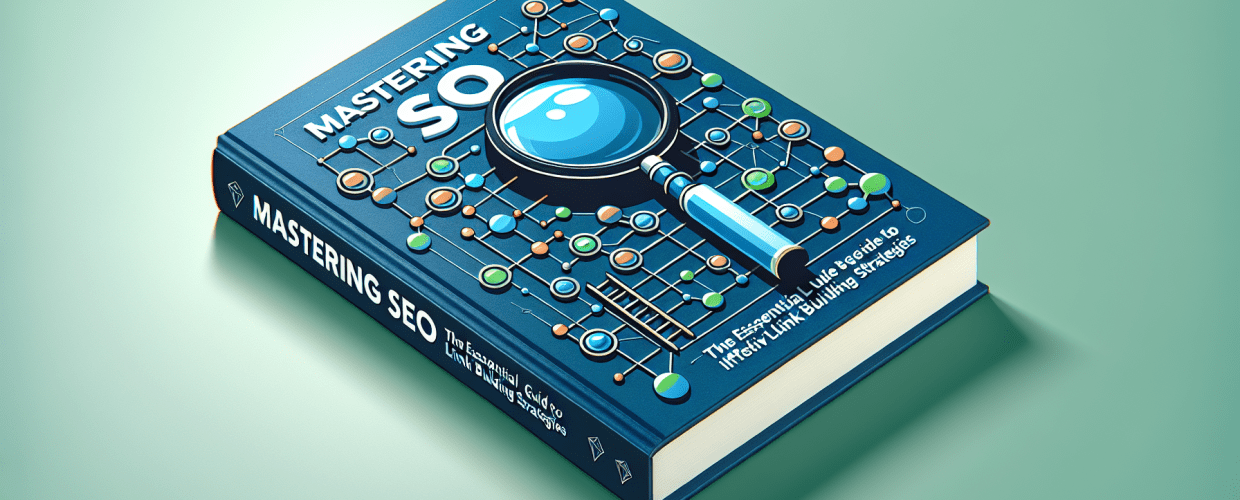Mastering SEO: The Essential Guide to Effective Link Building Strategies
In the ever-evolving world of search engine optimization (SEO), link building remains a cornerstone for achieving higher rankings and driving organic traffic. While algorithms constantly change, the fundamental principle that high-quality backlinks signal authority and trustworthiness to search engines holds true.
What is Link Building?
Link building is the process of acquiring hyperlinks from other websites to your own. A hyperlink (often called a ‘link’) allows users to navigate between pages on the internet. Search engines use links to crawl the web, discover new pages, and help determine how well a page should rank in their results.
Why is Link Building Crucial for SEO?
Effective link building offers several critical benefits:
- Improved Search Engine Rankings: Backlinks act as ‘votes of confidence’ from other sites. The more quality backlinks you have, the more authoritative your site appears to search engines like Google.
- Increased Organic Traffic: Not only do links help with rankings, but they also drive referral traffic. When a user clicks on a link from another site to yours, you gain a new visitor.
- Enhanced Brand Authority and Credibility: Earning links from reputable and relevant websites establishes your brand as an authority in your niche.
- Faster Indexing: Search engine bots use links to discover new content. A robust link profile can help search engines find and index your new pages more quickly.
Key Strategies for Successful Link Building
Building a strong backlink profile requires a strategic approach. Here are some effective tactics:
- Create High-Quality, Linkable Content: The most sustainable way to earn backlinks is to produce exceptional content that others naturally want to reference. This includes in-depth guides, original research, compelling infographics, and engaging blog posts.
- Guest Blogging: Write articles for other reputable websites in your industry. In return, you’ll usually get a byline that includes a link back to your site.
- Broken Link Building: Find broken links on other websites. Reach out to the site owner, inform them of the broken link, and suggest your content as a suitable replacement.
- Competitor Backlink Analysis: Analyze your competitors’ backlink profiles to identify where they are getting links from, and then try to acquire links from those same sources.
- Resource Page Link Building: Identify resource pages in your niche (pages that list helpful tools, articles, or websites) and propose your relevant content for inclusion.
- Digital PR: Create newsworthy content or conduct original research that can be picked up by journalists and media outlets, leading to high-authority backlinks.
The Importance of Quality Over Quantity
It’s crucial to prioritize the quality and relevance of your backlinks over the sheer number. A few high-authority, relevant links are far more valuable than hundreds of low-quality, spammy links. Google’s algorithms are sophisticated enough to detect manipulative link schemes, which can lead to penalties.
In conclusion, link building is an indispensable component of a successful SEO strategy. By focusing on creating valuable content and employing ethical, strategic outreach, you can build a robust backlink profile that significantly boosts your search engine visibility and drives sustainable growth for your website.


